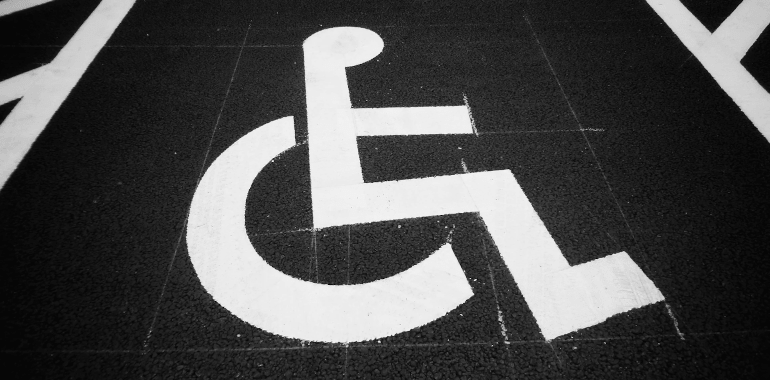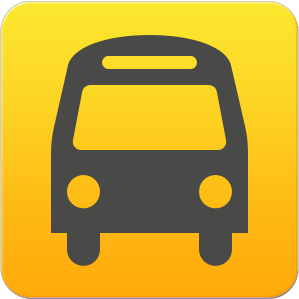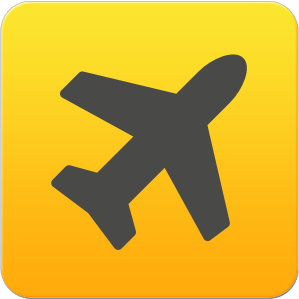
Travelling with a wheelchair, assistance etc.: What are the rights of disabled passengers?
With regards to European travel, there’s specific laws and regulations which clearly demand a non-discriminatory approach. This means that each provider should do its best to make travel possible for everyone, including passengers with disabilities. However, there’s still a lot to do because some of the outlines are rather vague and there’s a clear lack of precise definitions and deadlines. Here’s an overview of what is currently possible with regards to accessibility on bus, train or plane.
Bus Passenger Rights: Accessibility

The Regulation (EU) No 181/2011, from which the UK is exempt for large parts, lays out the groundwork for accessible bus travel. According to this regulation, every bus provider must strive for a non-discriminatory approach. This means that travelling should be possible for everyone. However, how this is made possible is currently something to be decided by each coach company on its own. With megabus and National Express, for instance, passengers with a disability can get in contact with the coach company to make sure that an accessible vehicle or one with a wheelchair space is used on the route of the passenger’s choice.
In addition to this, the EU Regulation demands of every EU country that specific terminals have to be nominated, where help and assistance for passengers with a disability is supplied. In the UK, these bus terminals are Victoria Coach Station in London and the National Express Station in Birmingham.
For more detailed information on accessibility on coach journeys, see the following article: Accessibility of Long Distance Coaches: A Bus for Everyone(?)
Train Passenger Rights: Accessibility

As with other modes of transport, the general aim is to make train travel accessible to everyone. Naturally, this includes passengers with disabilities. For this reason, the National Rail Conditions of Travel define a few basics. The first one is that there should be staff available to deploy ramps to facilitate boarding. If a passenger cannot board at the station, then staff must call an accessible taxi to get the passenger to the station. To make organization easier for the train companies, passengers with a disability should get in contact with the respective provider about 24 hours in advance. Another obligation set forward by the National Rail Conditions of Travel is that every train company needs to publish a so called “Disabled People’s Protection Policy” on their website for more precise information.
Air Passenger Rights: Accessibility

The Regulation (EC) No 1107/2006 defines access to air journeys for passengers with disabilities. However, many criticized this regulation. It says, for instance, that airlines may not deny a booking if there’s no reasonable safety issues. Additionally, it states that if technical specifications make it impossible to travel for a passenger with disabilities. Also, staff for special assistance has to be available at the airport. However, technical details are not specified. For example, the toilet facilities on board of planes are usually too small for wheelchairs. There are petitions which want to change this lack of clearly defined outlines in the future. However, they’re not yet legally valid.